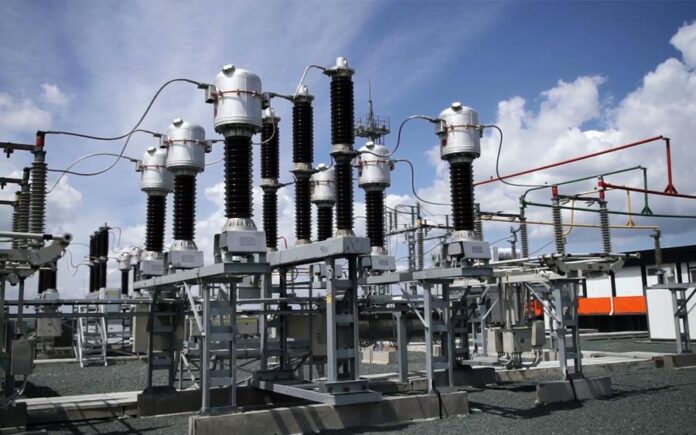The Federal Government has finalized a comprehensive implementation framework to resolve the ₦4 trillion debt crisis plaguing Nigeria’s electricity market, marking one of the most significant interventions in the sector’s history.
The initiative, part of President Bola Ahmed Tinubu’s Presidential Power Sector Debt Reduction Plan, aims to restore investor confidence, unlock new funding for generation companies (GenCos), and ensure long-term energy stability.
During a high-level meeting held in Abuja on October 7, 2025, the Minister of Finance and Coordinating Minister of the Economy, Wale Edun, Minister of Power, Chief Bayo Adelabu, and Special Adviser to the President on Energy, Olu Verheijen, met with GenCos’ senior executives to finalize settlement strategies for the long-standing arrears.
The discussions concluded with an agreement to conduct bilateral negotiations toward final settlements that balance government fiscal realities with the financial conditions of GenCos.
The News Chronicle learned that this move is part of a broader push by the Tinubu administration to tackle the liquidity bottlenecks that have crippled power supply and deterred private investment for years.
The ₦4 trillion bond issuance, already approved by the Federal Executive Council (FEC), will be used to settle verified debts owed to electricity generation companies and gas suppliers.
Industry leaders have welcomed the initiative as a turning point for Nigeria’s struggling electricity industry. Tony Elumelu, Chairman of Heirs Holdings and Transcorp Power, described it as a “credible and systematic effort” to tackle deep-rooted liquidity challenges, while Kola Adesina, Group Managing Director of Sahara Group, said it demonstrates the government’s “renewed commitment to building a sustainable power market.”
Officials say the plan goes beyond clearing arrears—it is designed to reposition the electricity value chain for efficiency and growth. By restoring financial health to GenCos, the initiative is expected to attract large-scale private investment, modernize power infrastructure, expand generation capacity, and enhance electricity reliability for homes and businesses nationwide.
Olu Verheijen emphasized that reforms will also target metering gaps, tariff alignment, subsidy targeting, and regulatory transparency, to create a fair and investable market. Meanwhile, Wale Edun noted that the government is “rebuilding the fundamentals” of the power sector to make it viable for future generations.
Complementary efforts to scale renewable energy, expand domestic gas use, and strengthen institutional capacity are also underway. These combined reforms, experts say, will not only stabilize Nigeria’s power market but also position the country for energy security and sustainable industrial growth in the years ahead.



